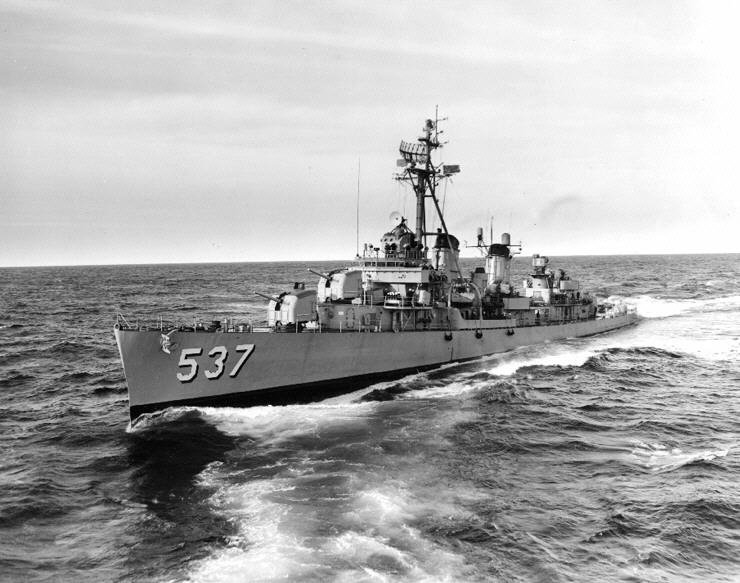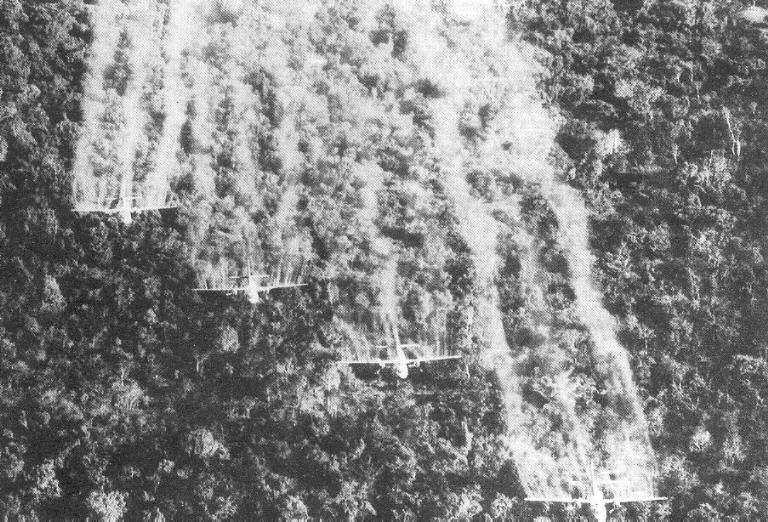I'm going to preface this whole thing by saying that I have literally no idea what I'm talking about. I know more about Miss Saigon as a show than I do about actual Vietnamese culture. But I felt in order for my views on the show to be truly complete, I had to include this. If the show offends you, I'm so sorry. The Vietnamese community deserves much better representation than this show gives them, but for now, this is what we have, and I'm going to stand by it as best I can.
There are really only two other major shows that concern Asians. The first is Flower Drum Song, a 1958 Rogers and Hammerstein musical. It was actually pretty fair for its time, it had a predominately Asian-American cast (only one Asian role was played by a non-asian, and strangely enough it was played by Juanita Hall, an African-American) and didn't concern itself with any major issues. It was just a typical musical-comedy about a boy and a girl in love, and didn't really make any waves. People tend to look back on some of the jokes in it now with something of a sour taste, but for the most part it's pretty tame.
The second is Pacific Overtures, a 1976 musical by Stephen Sondheim. It concerns itself with the imperialization of Japan, and was presented using techniques from traditional Kabuki theatre. It too had an all Asian-American cast, and was handled very well. Even if it had been offensive, it probably wouldn't have mattered, because the show opened against A Chorus Line and Chicago, so nobody paid it much attention. Still, it's pretty well respected as a work of art.
What makes Miss Saigon different is that it concerns real people. Now, this isn't to imply that Miss Saigon is a true story. The people in the story aren't actual people in real life. However, the story concerns itself with the Vietnam War, which I went more in depth about in a different post. But the point is, the show concerns itself with some very heavy stuff, and it isn't handled very well. The show is poorly written.
It depicts all Vietnamese women as prostitutes.
No, it doesn't. It's the story is about a Vietnamese prostitute. Because she is a Vietnamese prostitute, she only hangs out with Vietnamese prostitutes. The story doesn't make the claim that all Vietnamese women are prostitutes, it just is a story concerned with Vietnamese prostitutes, and there's no room in the libretto to show Vietnamese women who aren't prostitutes. While it's true that there is a "hyper-sexual" stereotype of Vietnamese women, the way the prostitutes in the show are presented doesn't really reinforce that.
Asian women are depicted as only wanting white men.
Fair point. The song "The Movie In My Mind" is about how a bunch of Asian prostitutes are longing for American soldiers to take them back to America. But, like the prostitute thing, scope. The show chooses to focus on women who wanted to get out of Vietnam, I'm sure there were plenty of other non-prostitutes out there perfectly happy with Asian men. Plus, okay, it can't be denied that Vietnam was in a really sorry state at that point in history. Just because not every Vietnamese person wanted out doesn't mean that there weren't people who did.
There's a lot of stink raised over how Kim was so obsessed with Chris for all of those years after only spending one night with him. First, to clear one thing up, they spent two weeks living together. Second, it's pretty clearly stated that she remembers him so well because she bore his son as a constant reminder of their love. At the end of the show, Kim willingly relinquishes Chris for her son's betterment.
Asian men are depicted as being "loathsome and undesirable."
Fair point. However, this is just the Asian prostitute thing all over again. There are two principal Asian men in the show, Thuy and the Engineer. They're both villains, but this isn't because of some vendetta the authors have against Vietnamese men.
The Engineer is a pretty reprehensible character. But then again, he's also a pimp. So him not being a white knight is understandable. But the Engineer isn't described as being the way he is because that's natural for an Asian man. His backstory was explained in the beginning of "The American Dream." He was born the child of a poor woman and a French imperialist. He was raised in an environment where he was made to literally pimp out his mother. He desperately wants to be an American because "businessmen never rob banks, you can sell shit and get thanks, that's what [he] learned from the Yanks." Plus we have the added layer of his half-breed status. There was a lot of discrimination against people children born from white men and Vietnamese women, it's still present today. The Engineer embodies the "sleazy, sneaky oriental" stereotype not because he's Vietnamese, but because he's essentially a white capitalist stuck in Asia. And yes, he's undesirable, but that's because he's a 40-something pimp. Plus, when you think about it, who were his primary customers at his brothel? White men.
Then we have Thuy. Thuy is an interesting character because he can played very wrong by an actor. The character is much maligned for being a representation of the stereotype that Asian men are undesirable, and no Asian woman would have them when they could have a white man. (Apparently that's a thing?) To say this is a complete misinterpretation of the relationship between Kim and Thuy. They were betrothed to each other from a very young age, and Kim obviously wasn't very fond of him from the get go. But the primary reason for her not wanting to be with him is, you know, the fact that he's in the Viet Cong. That soldiers on his side of the war burned down her village and killed her entire family. That's a lady-boner killer. But Thuy himself is portrayed rather sympathetically. His love for Kim is depicted as genuine, and it's ultimately what drives him to madness. It's a lame motive for a character, but it flies in other media, so why are we suddenly getting all pissed about it here? And as for undesirable? Have you seen Hong Kwang Ho, the current Thuy in the West End revival?
 |
| Making Communism sexy. |
Asian women are depicted as weak and in need of saving.
Okay. I will say this is true of Gigi and the other prostitutes. That's more of a feminist issue than a racial one, but if you insist on bringing race into it, I can't really argue against the point. But I get pissed off when people levy this argument against Kim. Because screw you guys. Kim is a strong character. Yeah, it's true, Chris is the one who helps her out of prostitution, but to say she's weak is a really gross statement. She perseveres. In the absence of her husband, she does whatever she can to survive. Does this involve working as a stripper? Yes, because she's a young, uneducated woman. In most countries today that's exactly what she would have to do, I don't see why we're getting so up in arms about it just because she's Asian.
Also, let's not forget the scene where Thuy threatens Kim's son and she straight up shoots him.
The Asian woman kills herself because a white man rejects her.
NO. She kills herself so Chris will take her son to America, which he wouldn't do if she was alive. True, she's still in love with him, but the choice she makes is ultimately for her son.
Well then the Asian woman kills herself for the white man's son.
It's her son too. She had a whole song about it. (The Sacred Bird)
It incorrectly depicts the Vietnamese during the war.
Okay, so the depiction of the Vietnamese people during the war isn't ver elaborate as the story mainly centers around Kim and Chris. But the glimpses that we see are fair. The people pounding on the gates of the embassy to get out of Vietnam were real. Millions of people fled Vietnam as refugees. The Engineer is put into a work camp, as many south Vietnamese were. There were prostitutes. Not even because of the war, there's just always prostitutes.
That said, I can't make any personal statements about the way that Vietnamese culture is depicted in the show. There's not that much actually there, and given that the show was written by some white guys, it's understandable if the little bits of authentic Vietnamese culture they tried to put in are wrong. I know that the song they sing during "The Wedding" is just foreign sounding gibberish. From what I can gather, marriages between cousins still happen today, so that checks out, but forced marriages aren't a thing apparently (though it's easy to make the argument that while Thuy and Kim were from a very small, close minded hamlet in the country, and that maybe they wouldn't have actually been forced to marry had Thuy not pushed for it so hard). The costumes of many productions are inaccurate. (Though this one's just a directional choice, I don't think we can blame the show for costumes.) The Communist parade leaves something to be desired.
So yeah, maybe getting two French guys to write a show about Vietnam wasn't the best idea. But it happened, and let's just appreciate it for what it does have going for it. The show played well to audiences in the 80s, but doesn't really hold up as well today under a more informed eye. A lot of these things are just staging things, if you just have a director who's committed to keeping the authentic Vietnamese spirit alive in the show, by all means have at it.
It glorifies American involvement in Vietnam.
"They are the living reminder, of all the good we failed to do."
"Christ! I'm an American. How could I fail to do good?"
"She's not the only one we'll have betrayed."
The show harbors no illusions about US involvement in Vietnam, and was written by two French guys.
It's offensive that Kim would rather kill herself than have her child grow up in Asia.
Ultimately, I don't think it's offensive stereotypes at play here so much as just poor writing. The white people don't come out looking too great either. The authors probably drew some inspiration from stereotypes as part of their writing process because they were two French men who didn't know much about Vietnamese culture. That said, they do try to handle the matter with some degree of delicacy, to mixed results. While I would say that there are parts of the show that are misguided and insensitive, I wouldn't go so far as to say it's racist. Let's reserve that word for the real transgressions. The immense amount of money that this show has raised has not gone to any actual Vietnamese people, and that's a tragedy, but really out of our control.
Honestly, for all that's wrong with Miss Saigon, I really love the show, and if that makes me a bad person, so be it. I just think it's remarkable that a show about a young Asian single mother prostitute could become one of the highest grossing and longest running shows of all time. I hope that there are better, more culturally sensitive shows in the future, but for now, please let me have this one thing.
































